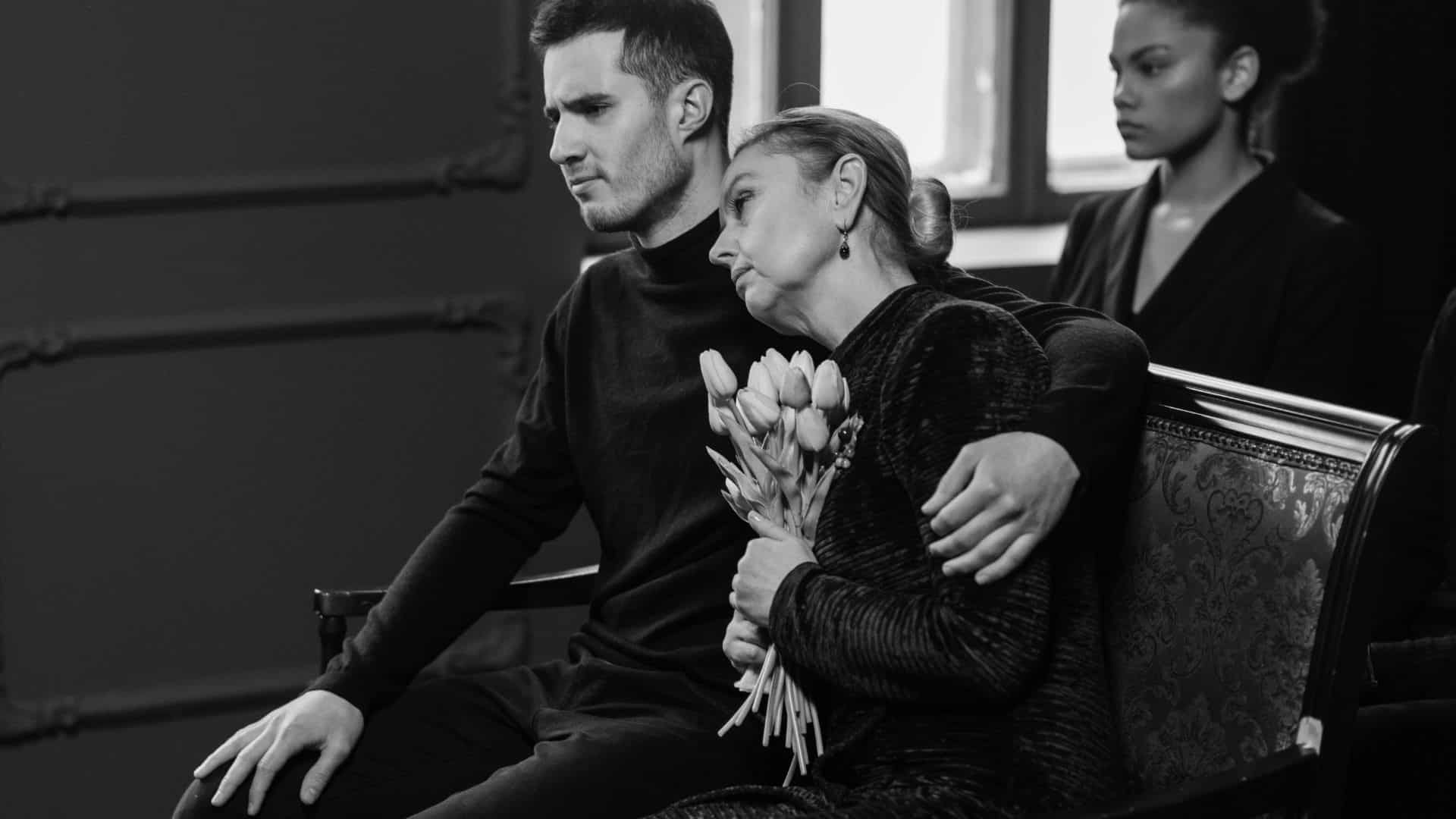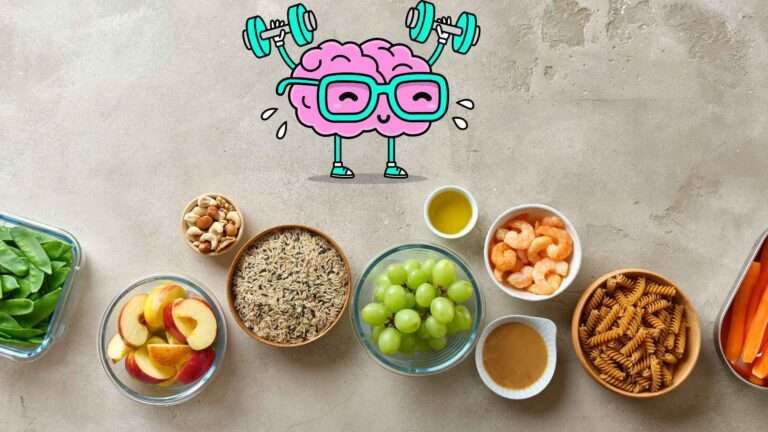The Worst Age to Lose a Child: Coping with Unimaginable Loss
The death of a child is a parent’s worst nightmare, and it is a grief that can never be fully overcome. It is an experience that is beyond comprehension and can be emotionally devastating. Losing a child at any age is a tragedy, but there are some ages that are particularly difficult to bear. In this blog post, we will explore the worst age to lose a child and how to cope with the loss.
The Worst Age to Lose a Child: Infant and Toddler Years
The worst age to lose a child is during infancy and the toddler years. It is a time when parents have just begun to establish a bond with their children, and they have yet to fully experience the joys of parenting. Losing a child at this age is devastating as parents often feel like they have been robbed of the opportunity to see their child grow up and develop a personality.
Infant and toddler deaths can occur due to various reasons, such as Sudden Infant Death Syndrome (SIDS), accidents, or illnesses. Parents who lose a child at this age often feel a sense of guilt and blame themselves for not being able to protect their child. They also experience a deep sense of emptiness and struggle to come to terms with their loss.
The Worst Age to a Child: Teenage Years
The teenage years are another challenging age to lose a child. This is a time when parents have established a close relationship with their children and have watched them grow into young adults. Losing a child during this age can feel like a double loss as parents mourn not only the loss of their child but also the future they had envisioned for them.
Teenage deaths can occur due to various reasons, such as accidents, suicide, or illnesses. Parents who lose a child during this age may experience a sense of regret and wonder if they could have done more to prevent the tragedy. They may also struggle with the fact that their child’s death was sudden and unexpected.
The Worst Age to Lose a Child: Adult Child
Losing an adult child is another devastating loss that can be particularly difficult for parents to cope with. This is a time when parents have established a deep bond with their children and have watched them grow into independent adults. Losing an adult child can feel like losing a part of themselves, and parents may struggle with the fact that their child’s death was out of their control.
Adult child deaths can occur due to various reasons, such as accidents, illness, or substance abuse. Parents who lose an adult child may experience a sense of guilt and wonder if they could have done more to help their child. They may also struggle with the fact that their child has a future ahead of them that will never come to fruition.
The Impact of Losing a Child on Parents’ Health
The loss of a child is as traumatic an event as losing a parent, and that can have long-lasting effects on parents’ physical and mental health. The grief and emotional pain that accompany the death of a child can lead to physical and psychological symptoms that can persist for years. In this note, we will explore the impact of losing a child on parents’ health and offer tips for coping with the aftermath of such a devastating loss.
Physical Effects of Losing a Child
The physical effects of losing a child can be significant and include:
- Insomnia: Parents may have difficulty sleeping or experience nightmares that can further disrupt their sleep.
- Appetite Changes: The loss of a child can impact a parent’s appetite, leading to weight loss or weight gain.
- Fatigue: Grieving parents may feel tired and lack energy, making it difficult to perform everyday tasks.
- Chronic Health Conditions: The stress of losing a child can exacerbate pre-existing health conditions such as heart disease or diabetes.
Psychological Effects of Losing a Child
The psychological effects of losing a child can be just as debilitating as the physical effects and include:
- Depression: Grieving parents may experience feelings of sadness, hopelessness, and a loss of interest in daily activities.
- Anxiety: Parents may experience overwhelming feelings of worry or fear about the future.
- Post-Traumatic Stress Disorder (PTSD): Parents may experience flashbacks, nightmares, or other symptoms associated with PTSD.
- Increased Risk of Suicide: The loss of a child can increase the risk of suicide among parents.
Coping Strategies
Coping with the loss of a child is a complex and individual process, but there are strategies that parents can use to help manage their grief and minimize the impact on their health:
- Please seek Professional Help: Talking to a therapist or counselor can help parents work through their emotions and develop coping strategies.
- Connect with Others: Parents may benefit from connecting with others who have experienced a similar loss, whether through support groups or online communities.
- Take Care of Physical Health: Prioritizing physical health through exercise, a healthy diet, and adequate sleep can help parents manage their grief.
- Remember Your Child: Creating a memorial or tribute for a child can help keep their memory alive and provide parents with a sense of comfort.
Conclusion
Losing a child at any age is an unimaginable loss that no parent should ever have to endure. However, losing a child during certain ages can be particularly devastating. Coping with the loss of a child is a journey that is different for each individual, and it is important to seek support and guidance during this difficult time. Whether you are coping with the loss of an infant, toddler, teenager, or adult child, remember that you are not alone, and there are resources available to help you through your grief.







